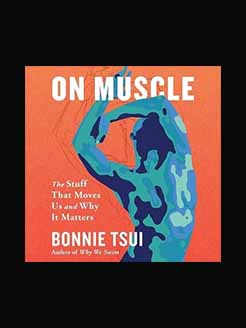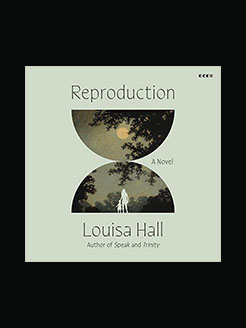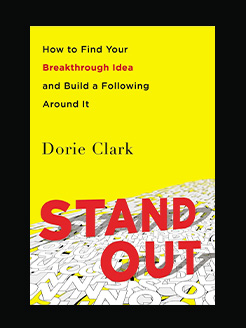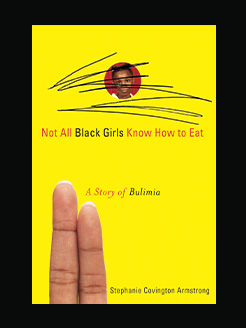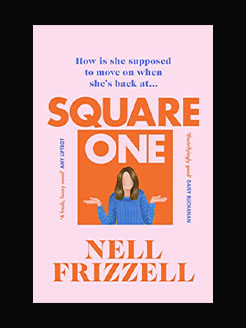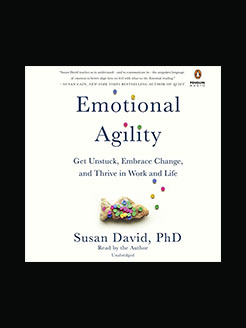Published in 2022
528 pages
Tomiko Brown-Nagin is Professor of Law and Professor of History at Harvard University. She earned a doctorate in history from Duke, a law degree from Yale, where she served as an editor of the Yale Law Journal, and a B.A. in history, summa cum laude, from Furman University. An expert on constitutional law, social and legal history, education law, and inequality, Brown-Nagin has published widely in these areas.
What is this book about?
The first major biography of one of our most influential but least known judicial activists that provides an eye-opening account of the twin struggles for gender equality and civil rights in the 20th century.
Born to an aspirational blue-collar family during the Great Depression, Constance Baker Motley was expected to find herself a good career as a hair dresser. Instead, she became the first Black woman to argue a case in front of the Supreme Court, the first of ten she would eventually argue. The only Black woman member in the legal team at the NAACP’s Inc. Fund at the time, she defended Martin Luther King, Jr. in Birmingham, helped to argue Brown vs. The Board of Education, and played a critical role in vanquishing Jim Crow laws throughout the South. She was the first Black woman elected to the state Senate in New York, the first woman elected Manhattan Borough President, and the first Black woman appointed to the federal judiciary.
Civil Rights Queen captures the story of a remarkable American life, a figure who remade law and inspired the imaginations of African Americans across the country. Building on an extraordinary wealth of research, Tomiko Brown-Nagin, an award-winning, esteemed civil rights and legal historian and dean of the Radcliffe Institute, compels us to ponder some of our most timeless and urgent questions. How do the historically marginalized access the corridors of power? What is the price of the ticket? How does access to power shape individuals committed to social justice?
In Civil Rights Queen, she dramatically fills out the picture of some of the most profound judicial and societal change made in 20-century America.
